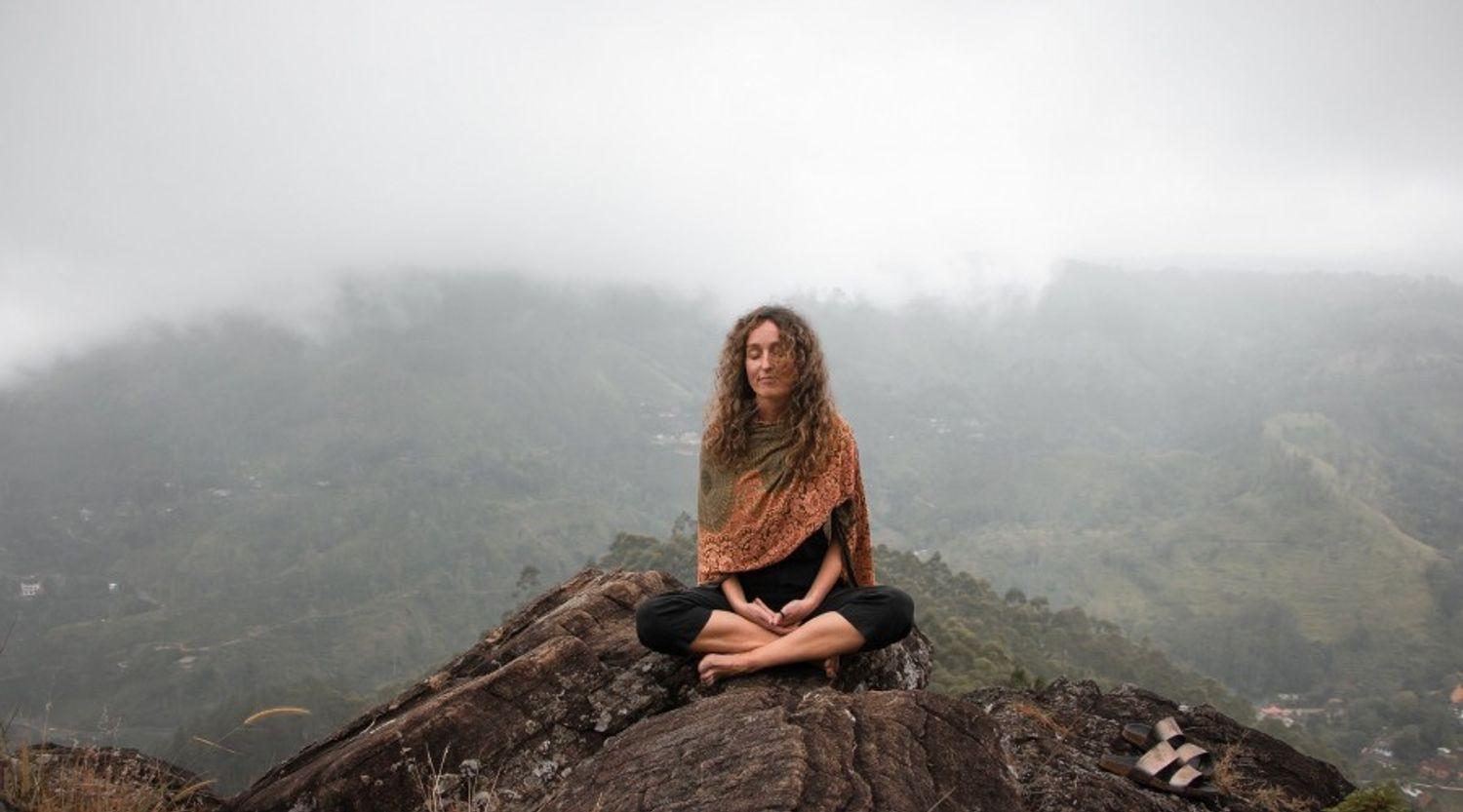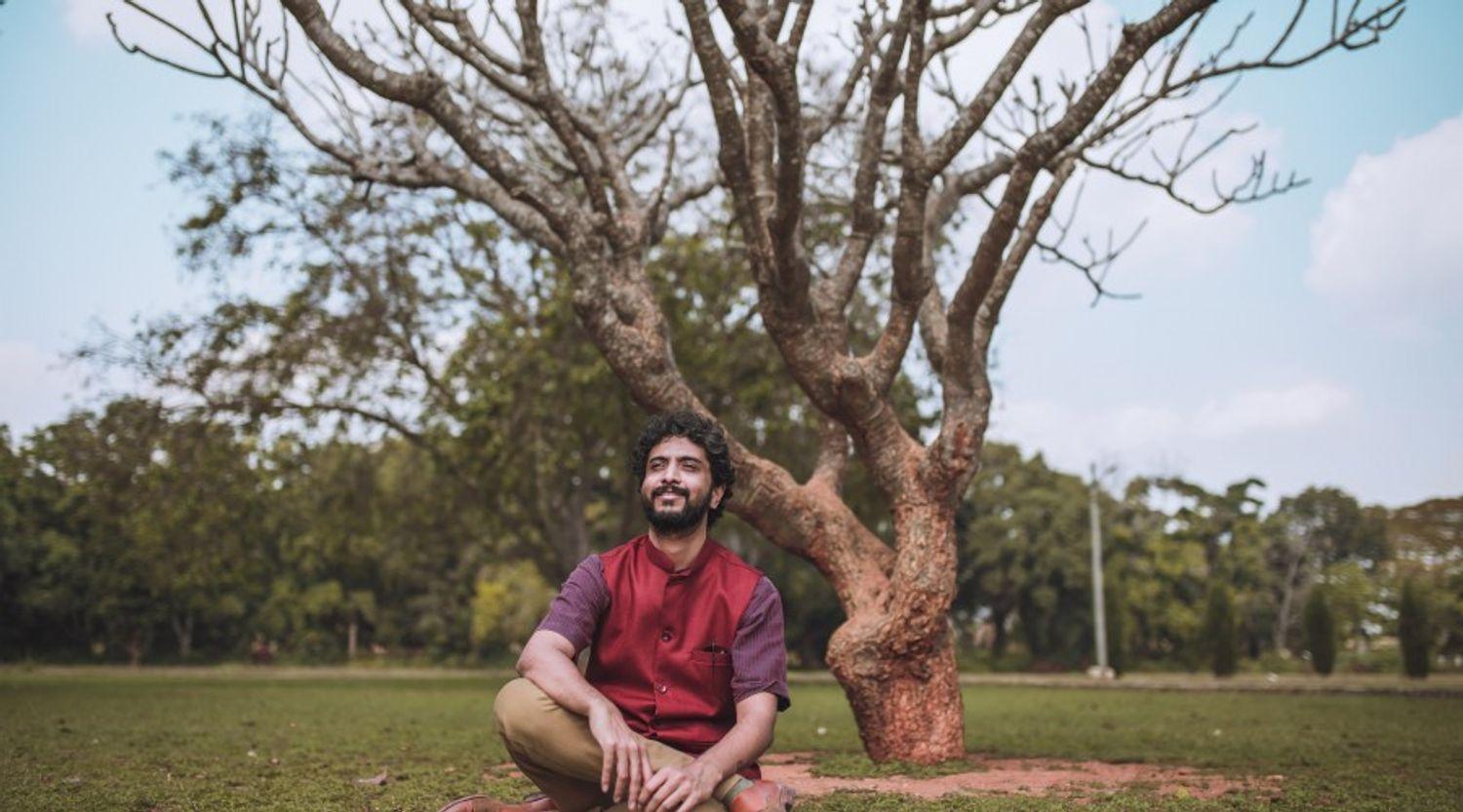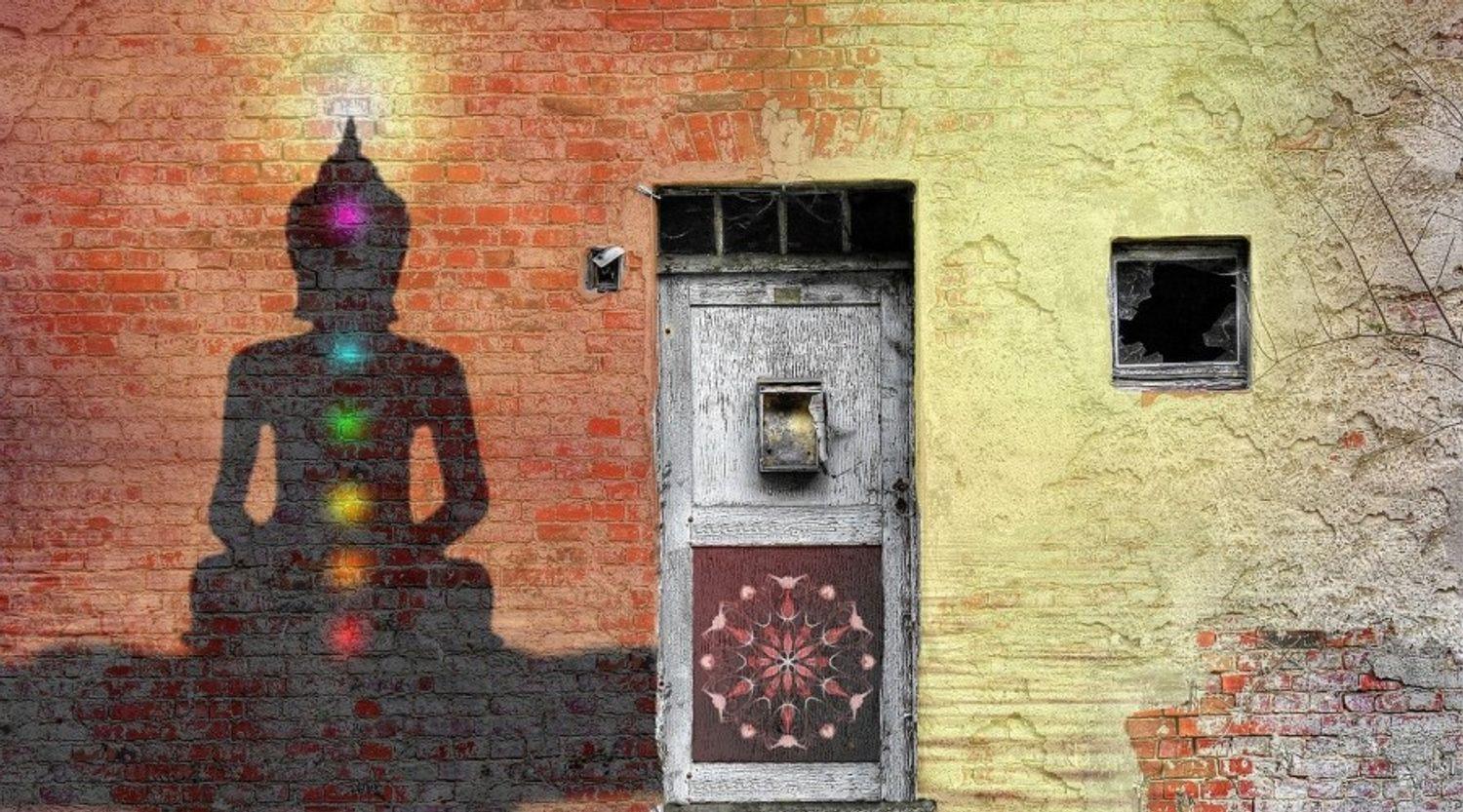India is known for its traditional medicinal systems that are Ayurveda, Siddha, yoga, and Unani. Ayurveda signifies "The Science of Life." It has been brought up that positive well-being implies metabolically well-balanced individuals.
Ayurveda is additionally called the "study of longevity" since it offers a total framework to carry on with a long healthy life. It offers a solution to revive the body through food and nourishment.
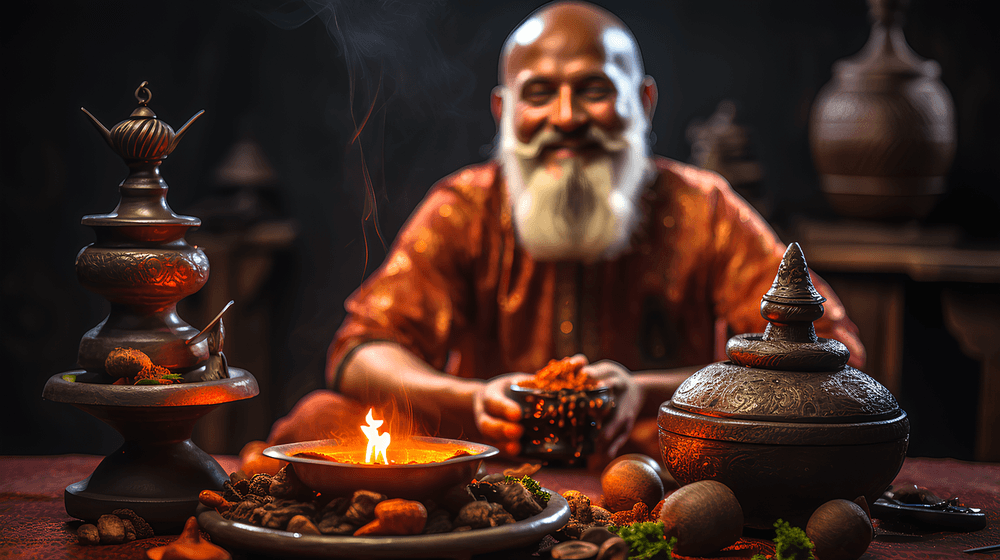
Ayurvedic nutrition is not a "quick fix" method; it requires the full contribution of the patient to succeed. It is an interactive framework that is uncomplicated and educational. It shows the patient to become responsible and self-sufficient.
Ayurveda is not a medicinal system for those searching for a getaway or excuse to further mishandle their body or mental health. It is a system for acknowledgement, a process of freedom, and a healthy long life.
Ayurveda places extraordinary attention on avoidance and supports the sustentation of well-being through close consideration regarding balance in one's life, right, and positive thinking, diet, lifestyle, and the utilization of herbs.
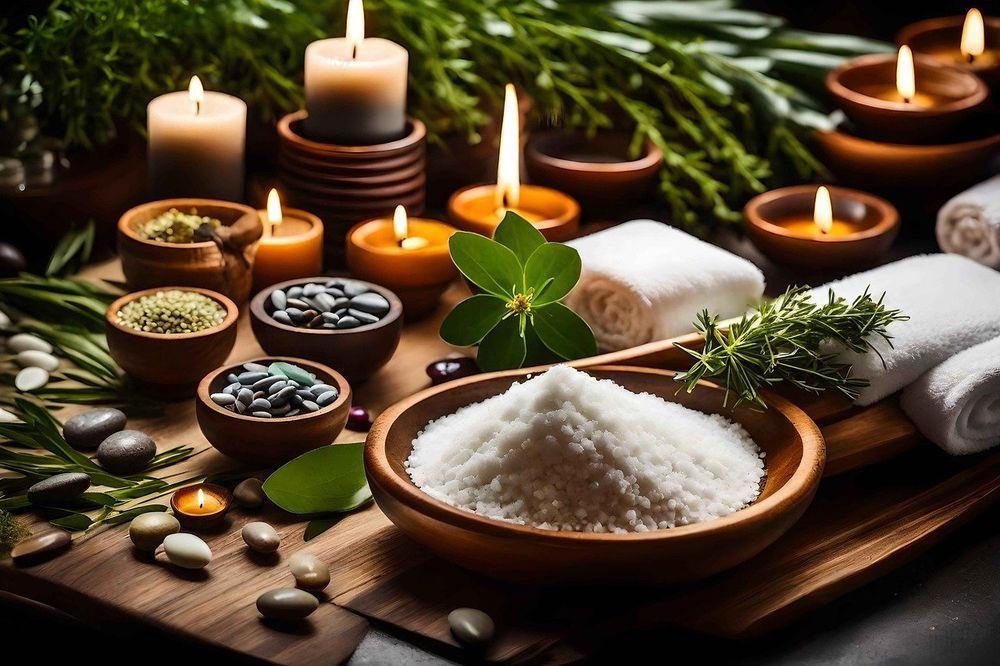
Information on Ayurveda empowers one to see how to make this balance of body, brain, and consciousness as per one's own individual constitution, and how to make lifestyle changes to realize and keep up this equalization.
Similarly, as everybody has unique personalities, every individual has a specific pattern of energy, an individual mix of physical, mental, and emotional attributes, which contains their own constitution. This constitution is determined at conception by various factors and remains as before throughout one's life.
Numerous elements, both internal and external, follow-up on us to disrupt this equalization and are reflected as a change in one's constitution from a balanced state.
Instances of these emotional and physical stresses incorporate one's emotional state, diet and food decisions, seasons and climates, physical injury, work, and family connections.
When these variables are understood, one can take appropriate actions to neutralize or limit their effects or wipe out the reasons for imbalance and restore one's original constitution.

Health is order; disease is disorder. Within the body, there is a persistent interaction between order and disorder. At the point, when one comprehends the nature and structure of disorder, one can restore order.
Ayurveda assumes that the whole universe is made of five components: Vayu (Air), Jala (Water), Aakash (Space or ether), Prithvi (Earth) and Teja (Fire). These five components are accepted to shape the three fundamental humors of the human body in fluctuating combinations.
The three humors; Vata dosha, Pitta dosha and Kapha dosha are all things considered called as "Tridoshas" and they control the fundamental physiological elements of the body alongside five sub-doshas for every one of the heads doshas.
Ayurveda accepts that the human body comprises Saptadhatus (seven tissues) Rasa (tissue liquids), Meda (fat and connective tissue), Rakta (blood), Asthi (bones), Majja (marrow), Mamsa (muscle), and Shukra (semen) and three Malas (waste) of the body that are Purisha (excretion), Mutra (urine) and Sweda (sweat).
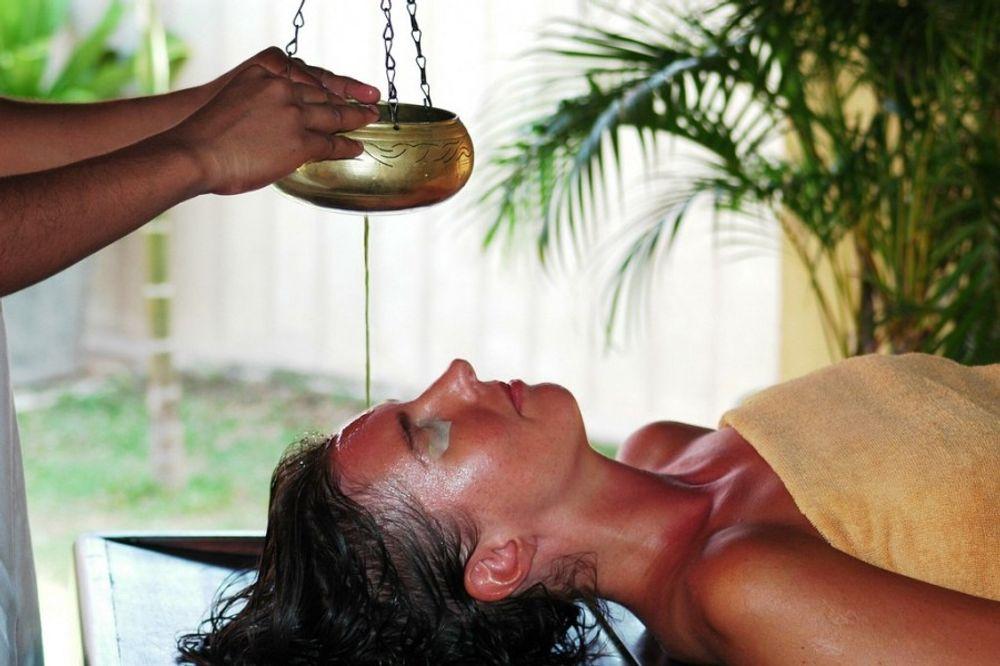
Vata dosha keeps up the cell transport, electrolyte balance, disposal of waste items and its impact is expanded by dryness. Pitta dosha controls the internal heat level, optic nerve coordination, and hunger and thirst control.
Heat states of the body disturb Pitta. Kapha dosha is expanded because of sweet, and greasy food, and it gives lubrication to the joints to legitimate working. The catabolism of the body is recognized to be administered by Vata, digestion by Pitta, and anabolism by Kapha. For a sound condition of wellbeing, a harmony between the three doshas and different elements ought to be kept up. Any irregularity between the three causes a condition of sickness or disease.
India's leading Ayurveda destinations are

Kerala
Kerala's Ayurveda treatment and massage are famous around the world. Individuals from all across the world visit Kerala to explore and experience Ayurveda. Numerous Ayurvedic retreats have been set up along the excellent seashores of Kerala.
Rishikesh
People from all over the world come to Rishikesh to study Ayurveda and yoga and become qualified to teach it in the western countries. The power of Ayurveda is immense and that's why it has been spreading all across the world.
Goa
Goa is likewise very famous with regards to Ayurveda. It has built up a side that acknowledges art, culture and meditation and evolving Ayurveda the travel industry. it serves the best destination for an Ayurvedic center, the coconut trees, the sea shorelines and the Mandovi river bungling its way through the state gives it the ideal Ayurveda vibe.

